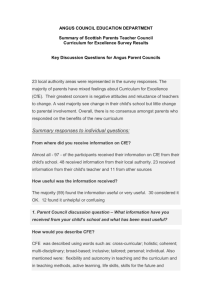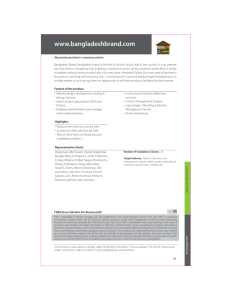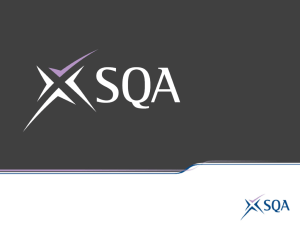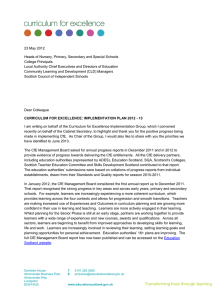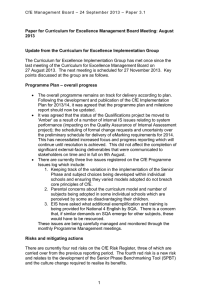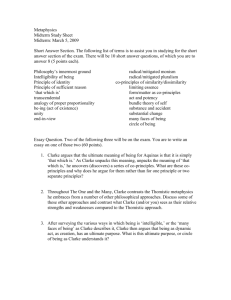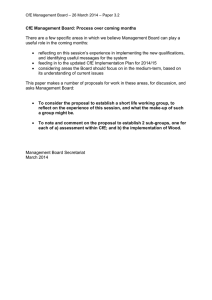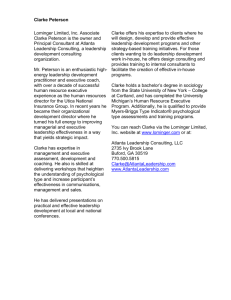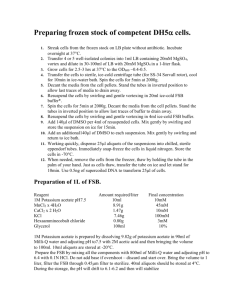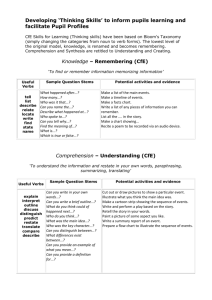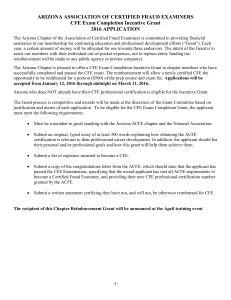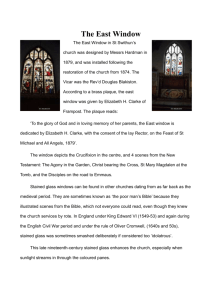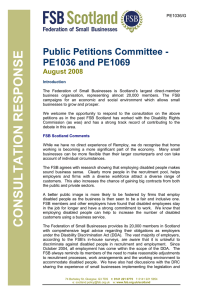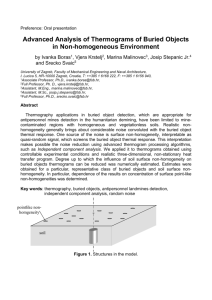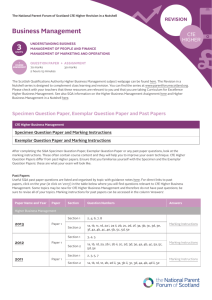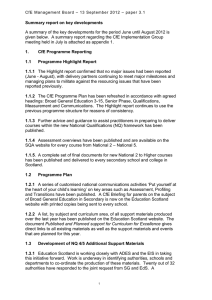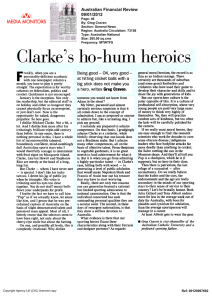Lyndwill Clarke (int rel).
advertisement
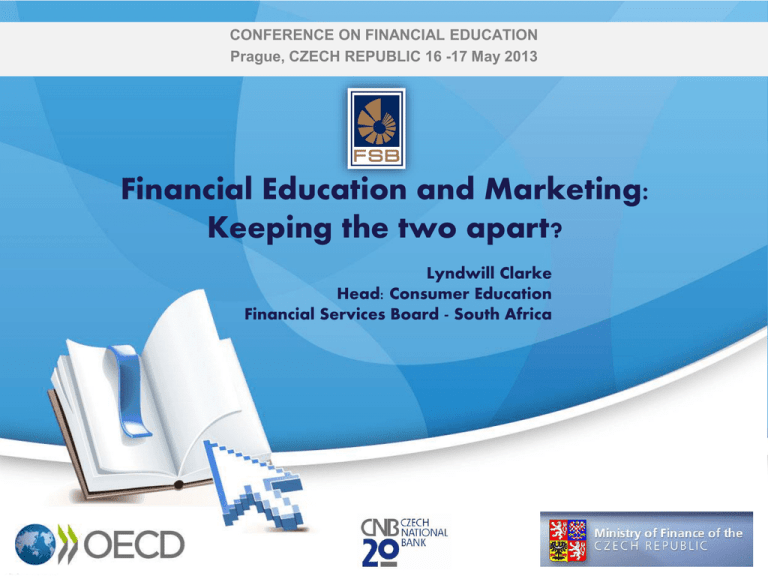
CONFERENCE ON FINANCIAL EDUCATION Prague, CZECH REPUBLIC 16 -17 May 2013 Financial Education and Marketing: Keeping the two apart? Lyndwill Clarke Head: Consumer Education Financial Services Board - South Africa Definitions Financial education: the process by which financial consumers/investors improve their understanding of financial products, concepts and risks and, through information, instruction and/or objective advice, develop the skills and confidence to become more aware of financial risks and opportunities, to make informed choices, to know where to go for help, and to take other effective actions to improve their financial well-being. OECD Marketing: the action or business of promoting and selling products or services, including market research and advertising. Oxford dictionary 11 years of consumer financial education in South Africa 2 Why are the lines blurred? • Financial institutions not serious about CFE • Cost saving • Lack of capability • Opportunity “There is a ‘halo effect’ surrounding education programs, which you can use to strengthen your brand and attract new business throughout the community.” Morgan Vandagriff, Co-Founder Banzai financial literacy tool 11 years of consumer financial education in South Africa 3 Why do institutions do Financial Education? • Is it because consumers are asking for help? • Or is it because financial institutions think people need it and they want to make a difference? • Are you going to build trust? • Glean some positive PR? • Or is it to bring in new business? 11 years of consumer financial education in South Africa 4 How do we keep the two apart? Insist Regulation? Educate the industry Develop codes of conduct for industry (and service providers?) 11 years of consumer financial education in South Africa 5 South African perspective (FSB) We regulate to protect consumer and to provide an financial environment that is safe for consumers to invest in. SA widely regarding as having the best regulatory markets in the world, but a recent baseline study has shown that this has not led to consumer confidence to invest as a large number are aware of the products but fail to take it up. 11 years of consumer financial education in South Africa 6 Regulation Solvency Assessment Management Treating Customer Fairly (TCF) 11 years of consumer financial education in South Africa 7 Educate the Industry Regulatory Examinations Establish a National Committee of Stakeholders consisting of: • NGO’s • Industry associations • Government departments • Civil Society and Labour • Regulators (Regional example: KZNFLA) 11 years of consumer financial education in South Africa 8 Codes of conduct for Industry Financial Sector Codes for BBBEE • 0.2% of after tax profits for CFE (0.4% by 2015) Financial Sector Codes Access Standards for CFE • Service providers; amount of branding; target group; type of initiatives (awareness, etc.); Impact, monitoring and evaluation; funding 11 years of consumer education in South Africa 9 More questions than answers Should we allow integration? • How to monitor • How to protect consumer rights (shopping around) • Legal implications and resources Point of sale education? 11 years of consumer financial education in South Africa 10 Points to ponder As long as you have a system that is based on the rational that if you are making money you are thereby making a contribution to society, financial rogue practices will continue, unfortunately sometimes in the guise of financial education and to the determent of the consumer. 11 years of consumer financial education in South Africa 11 Thank you Contact Details Mr Lyndwill Clarke HOD: Consumer Education Financial Services Board – South Africa E-mail: Lyndwill.Clarke@fsb.co.za Tel: (+27) 12 422 2819 Mobile: (+27) 79 881 1805 www.fsb.co.za www.mylifemymoney.co.za 11 years of consumer financial education in South Africa 12
